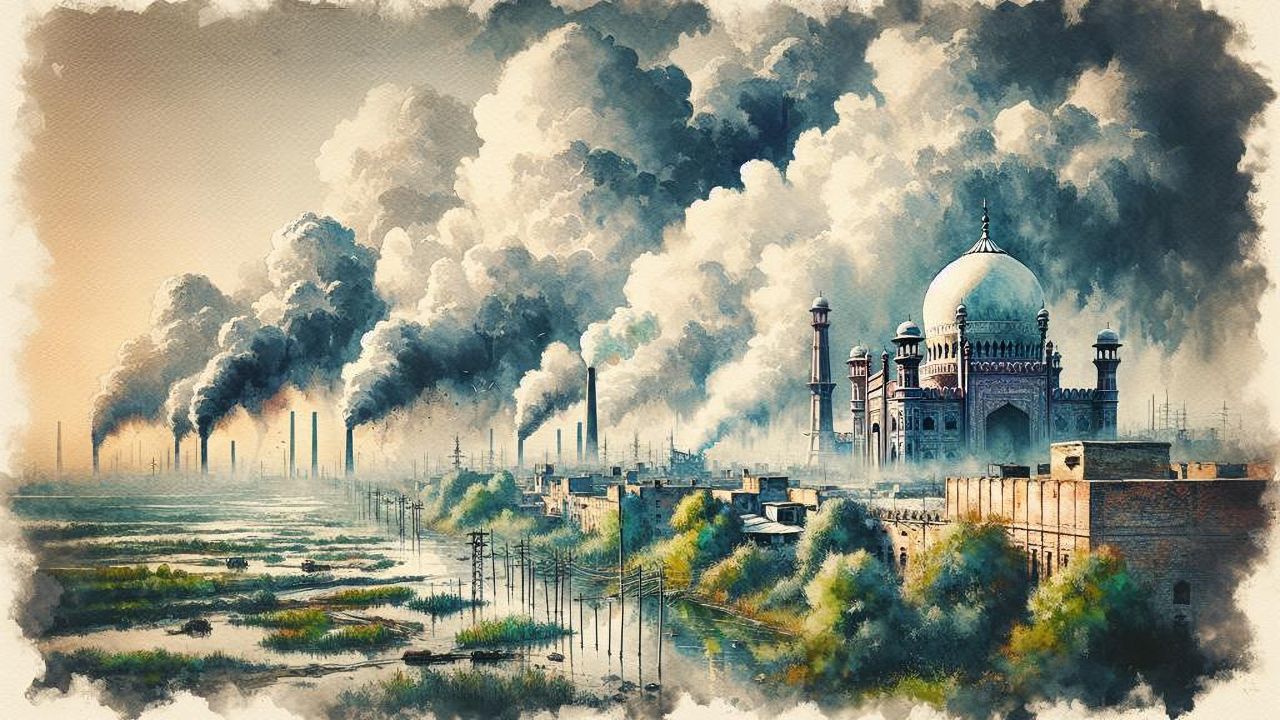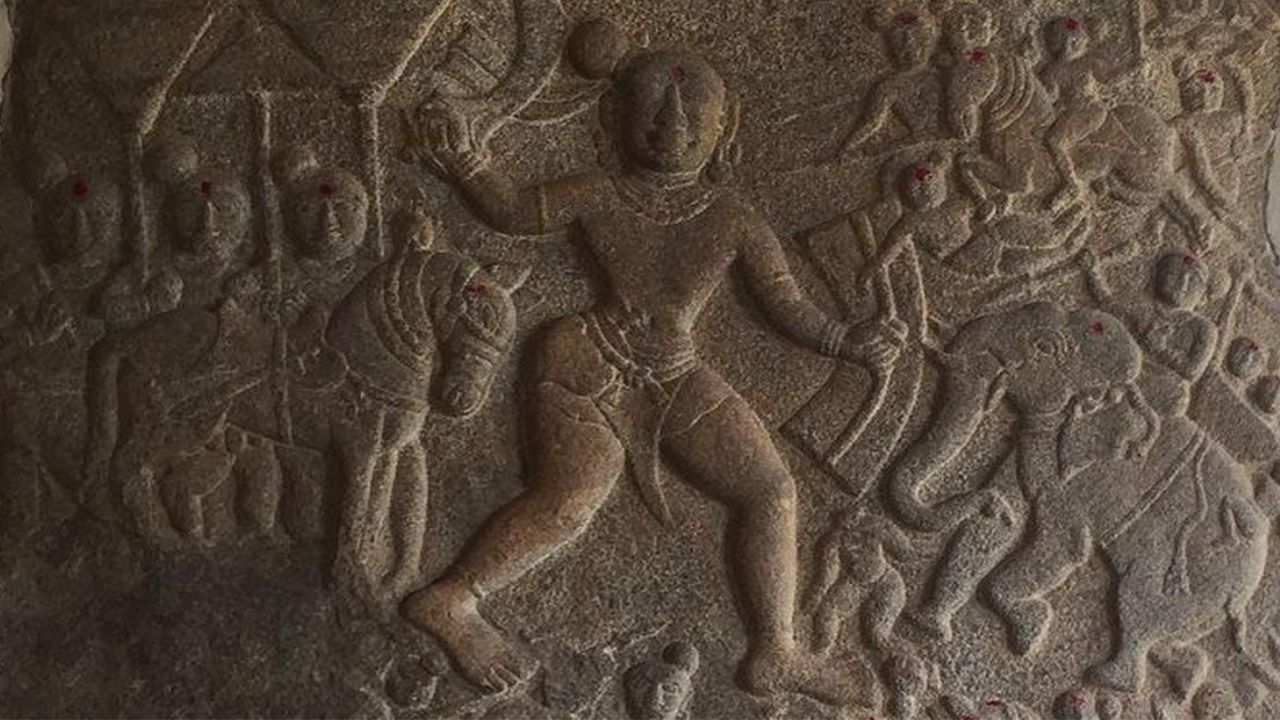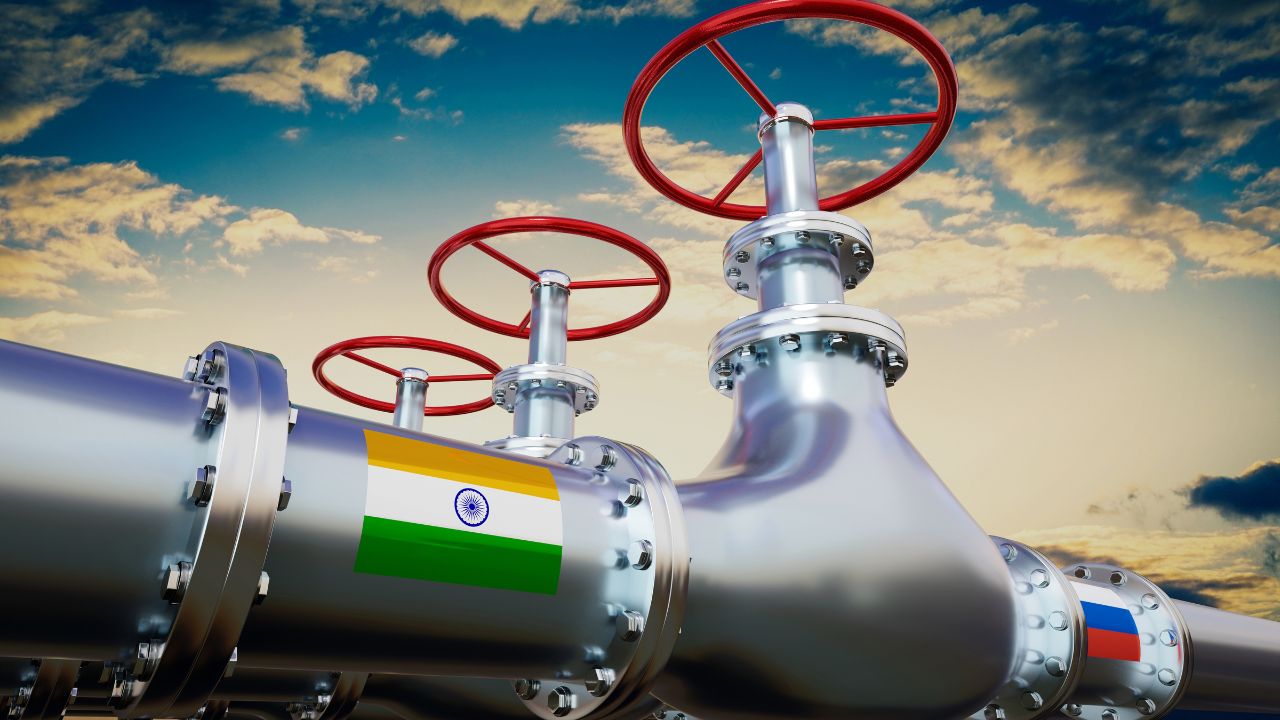
High Cost of Living
Read More
Sanity Break #1
SANITY BREAK Ten-year-old Souparnika Nair got a standing ovation from the audience and judges for on Britain’s Got Talent. We totally ❤️ that the flower in her hair is perfectly accessorised to match her dress!
Headlines that matter
HEADLINES THAT MATTER BELATED RELIEF FOR MIGRANT WORKERS The Supreme Court has finally stepped in to rescue migrant workers from the great suffering caused by the government’s so-called remedy, i.e. Shramik trains (details in ). Yesterday, it issued a : * Workers will not be charged for bus or train tickets. * All of them will be provided food by the state or Union Territory where they are currently waiting to go home. The venues for the distribution of meals will be widely publicised. * These states will also provide food and water for train or bus journeys. * Destination states must expedite the registration of migrant workers to make them eligible to go home. * Migrant workers found walking on the roads must immediately be taken to shelters. * When any state puts in a request for a train, the Railways must comply. EVERYBODY WANTS A BIT OF JIO Ever since the big Facebook announcement, Reliance has been on a roll! It is currently in talks with all sorts of big hitters eager to buy a slice of its Jio Platforms—that bundle all its telecommunication offerings. The latest is the Abu Dhabi-owned venture fund Mubadala that has put $1 billion on the table. Also in this swayamvar line: Twitter, . There is lots of buzz about a Wall Street IPO. Point to note: Google is also flirting . () THE PREMIER LEAGUE IS BAAACK! Despondent football fans rejoice! The Premier League is set to restart on June 17 with Aston Villa v Sheffield United and Manchester City v Arsenal. All matches will be played behind closed doors and broadcast live on TV. Liverpool bahut khush hua. One fly in this balm to the sports fan’s soul: Four (unnamed) English Premier League players have . The virus has now spread across three clubs—right when the league has initiated ‘contact training’, i.e. teams can now train as a group and tackle each other on the field. () SHOPPING FOR CLOTHES IS BACK! Indians are indeed back to buying apparel—but it's mostly sleepwear or comfortable tees. And industry experts are upbeat about the future of clothes shopping: > “I understand there will not be as many occasions to socialize, but consumers are not eating out, travelling and are probably > deferring the car purchase. Yes, they will spend more on food and other essentials, but clothing falls in between and they will > spend on it.” A recent survey of affluent consumers shows that 58% are eager to shop again, and 76% are eager to visit a store. () COVID ALERT IN THE SKIES Two on a flight from Ahmedabad to Guwahati tested positive. They have been quarantined—as has the entire operating crew. This is going to happen a lot. What inquiring minds want to know: Why didn’t that mandatory Arogya Setu app flag their status? THE COVID EFFECT: A SHORT EDITION * Economists and analysts alike have arrived at an : “India’s economy will face its worst recession in 40 years, contracting by at least 5% this fiscal [year]." * Sex workers are headed back to work —which, however, does not plan to lift the ban on sports. Hmm... * Bangladesh garment manufacturers have found a novel solution to their industry woes. Beximco Group invest $20 million to set up a mask manufacturing unit in Detroit. It is also setting up a $30 million mask manufacturing plant in Bangladesh. * This is how people will in Thailand. AN UPDATE ON THE LATEST COVID GYAAN * explains why the virus will never go away—even if we develop a vaccine. * Face masks work! A shows that they can reduce the spread by up to 99%, and even a simple cloth mask can help. But the more layers the better. * Fitbits as Covid trackers? The company is to see whether its devices can detect the onset of the disease before a person shows any symptoms. * has an excellent read on why central air conditioning systems do such a good job of recirculating both air and—sadly—the virus. DOES HINDUSTAN TIMES HAVE A DIRTY SECRET? Jubilant Generics is a subsidiary of Jubilant Life Sciences—which is a pharmaceutical company founded by Shyam S. Bhartia. He is the husband of Shobhana Bhartia, chairperson of HT Media and owner of Hindustan Times. Also this: Back in April, 74 out of the 90 Covid-19 cases in Mysore were traced to a single source—Jubilant Generics. But there was no Tablighi-sized outrage over it. The media blog offers a long and intriguing read on how and why this story may have been covered up. DEAR GOD, THIS IS NARENDRA HarperCollins plans to of the letters our PM wrote to the mother goddess as a young man. Addressed to 'jagat janani', he wrote one every night right before he went to bed. The publisher’s statement quotes Modi as saying: > "I am not a writer, most of us are not; but everybody seeks expression, and when the urge to unload becomes overpowering there > is no option but to take pen and paper, not necessarily to write but to introspect and unravel what is happening within the > heart and the head and why."

Sanity Break #2
SANITY BREAK Can’t hardly wait for the monsoons thanks to this blistering heat? Enjoy Ariana Grande and Lady Gaga as “Chromatica Weather Girls” in for their new collab, ‘Rain On Me’.
Smart & Curious
SMART & CURIOUS A LIST OF INTRIGUING THINGS * A Kerala startup has developed an app to tackle those rugby-sized scrums outside liquor stores. Now we all can virtually queue up instead. * Speaking of apps, the developed by Yamaha allows fans following a match on TV, the radio or online to cheer or boo players—and be heard loud and clear in the stadium. * is getting a socially distanced makeover on Broadway. Its choreographer has taken out “anything involving people being very close to each other.” * So we Elon Musk launch NASA astronauts into space thanks to bad weather. But we can still admire these Mandalorian-esque space suits. SHORT LIST OF GOOD READS * talks to Martin Scorcese about the anxiety and freedom of making a short movie in isolation. Yes, he made a movie! * has a fun piece on how lockdowns have changed recipe purists: Optional is the new buzzword in culinary gyaan! * We greatly enjoyed this first-person read in : How the pandemic broke long-held religious (and gendered) rules in Muslim homes. * So how did Victorian women work out? In corsets and according to a guide written by a man, of course. has more.

Weekend advisory
LIFE ADVISORY DATING APPS RUIN YOUR MENTAL HEALTH Duh! New research confirms what most of us already know: the experience of swipe-based dating apps leads to "higher rates of psychological distress and/or depression." Also: folks are spending way more time on these apps than ever. () IS IT SAFE TO GO BACK TO THE GYM? Gyms have “a relatively high density of people exercising and sweating in a contained space”—i.e. they are super germ-friendly. But there is a protocol you can adopt to stay safe: Wash. Spray. Wait. Wipe. (New York Times via ) HERE’S THE RIGHT WAY TO FLY The first step is determining whether you really, really have to get on the plane. If the answer is yes, here’s a comprehensive and useful guide to keeping yourself Covid-free. ()

Feel Good Place
THE FEEL GOOD PLACE The Aussie batsman gave himself a makeover on Insta—much to the delight of Indian fans. find in Italy is making news: an almost perfectly preserved mosaic floor of a villa that may date back to third century AD. ! This may be the most delicious looking marine life ever. for absurdly adorable puppies… read by a dinosaur! game: which photo is not like the others? 😂





